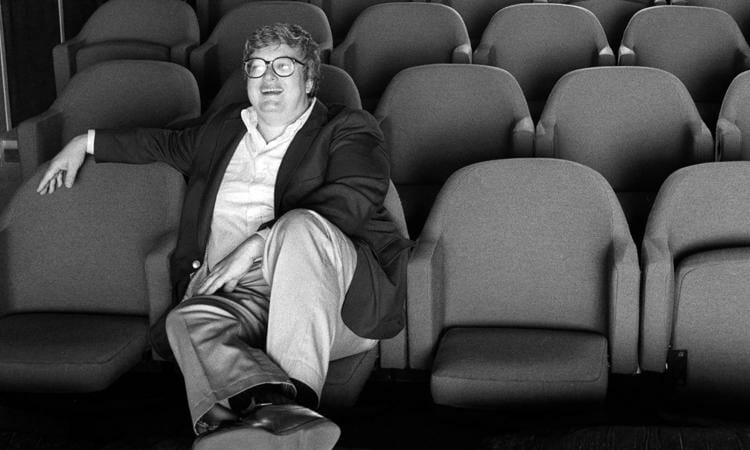By Ural Garrett · June 30, 2014


2013 saw the untimely deaths of two very influential people in my life; my biological mother Mary Ann Holmes and legendary film critic Roger Ebert. Both losing their battle with cancer, similar fighting spirits and graceful acceptance of the end showed fearlessness in character. Those similar attributes have shaped me personally and creatively over the years. Besides sharing my mom’s DNA, her ability to see the world outside of her own lens forced me to double-check preconceived notions of the world I lived in. The same could be said for Ebert who thoroughly understood the language of cinema like no-other yet, could translate its tongue to the common man effortlessly. Makes total sense how he essentially became one of cinema’s most respected film reviewer of all time; something that Hoop Dreams director Steve James details in the documentary companion to Ebert’s 2011 memoir Life Itself. James properly creates a portrait of a man whose ballsy approach to film criticism shaped the industry.
It’s clear to see why Ebert was so respected considering the thousands of films he reviewed during his Pulitzer Award winning run at the Chicago Sun-Times or that particular syndicated show with Gene Siskel. What makes Life Itself so daring is how human James allows Ebert to be. Majority of the footage seen in the film takes place during the final four months of the proud Chicagoan’s life. That means the rigorous medical treatment and therapy Annabel and Walter H. Ebert’s only child had to endure before his death. Life Itself features some very emotionally visceral scenes including a few frustrating moments between himself and unwavering wife Chaz.
Those almost horrifying scenes of Ebert dealing with the effects of papillary thyroid cancer are juxtaposed with a dense oral history of his life told by everyone from iconic director Martin Scorsese (also serving as Life Itself’s executive producer) and film critic A.O. Scott to fellow journalist who knew him during his time as editor for the The Daily Illini. And what a life he lived. It wasn’t always a smooth ride however; something Life Itself understands in making one-half of the “Thumbs Up” duo seem grounded and extremely human.
That means lending discourse to Ebert’s time as an alcoholic; something he was completely open about. On a professional level, Life Itself deals with the complicated controversy regarding the “Thumbs Up” system with Siskel; almost monopolizing film criticism during much of the 80's and 90's.
Then there’s his rivalry with Siskel during their run of Sneak Previews and later At The Movies. Life Itself purposefully does a great job in establishing the different backgrounds the former writers for the Chicago Sun-Times and Chicago Tribune were from. If Ebert represented a laid back Middle America lifestyle, Siskel was the jet-setting playboy who traveled the world with close friend Hugh Hefner. Siskel and Ebert’s relationship comes off as a mixture of competitive dick swinging, brotherly trade-off barbs and heartfelt love for one another. Most importantly, both uniquely take on contemporary film criticism complemented by each other. These moments are excellently captured through rare cutting room floor footage takes from At The Movies. Though the 118-minute documentary details Siskel’s own losing battle with cancer and its effect on Ebert, much isn’t said about the last several seasons of At The Movies with Richard Roeper unfortunately. In fact, Roeper isn’t really mentioned at all.
But the focus of Life Itself is on Ebert’s and his contribution to the film industry – notably, through the propagation of independent films outside of mainstream Hollywood. It wasn’t because he was being a renegade nor because of his status. Every move Ebert made professionally was simply due to his undying love of cinema. This makes total sense as to why his screenplay for Beyond The Valley of The Dolls was so zany. Who else could truly appreciate Spike Lee or Micheal Moores’ radicalism during their early years?
Life Itself faithfully captures Ebert as one of entertainment journalism’s biggest legends, but a man whose heart was as big as his stature.